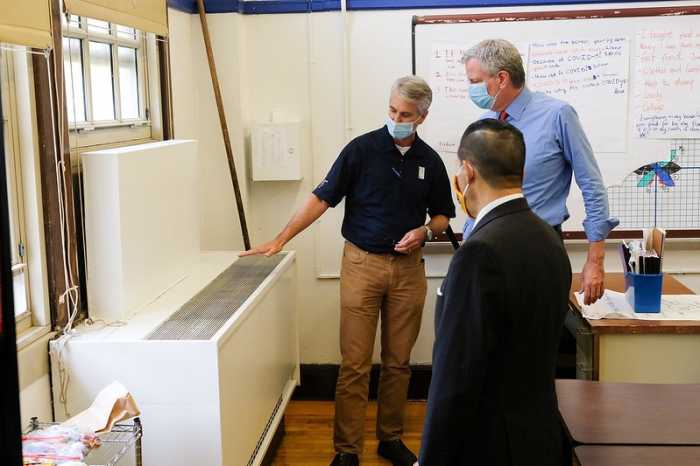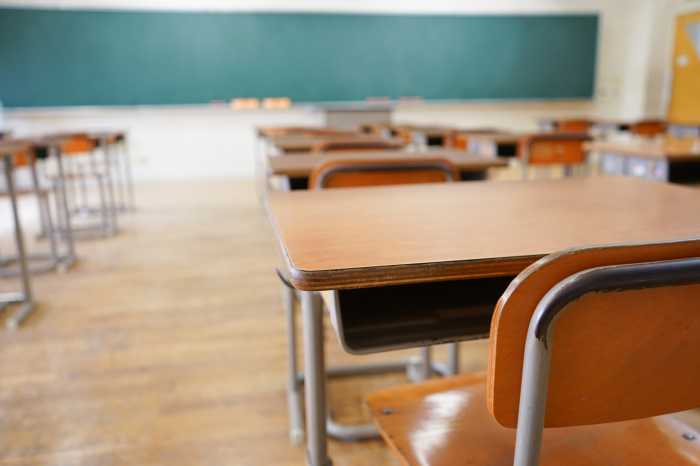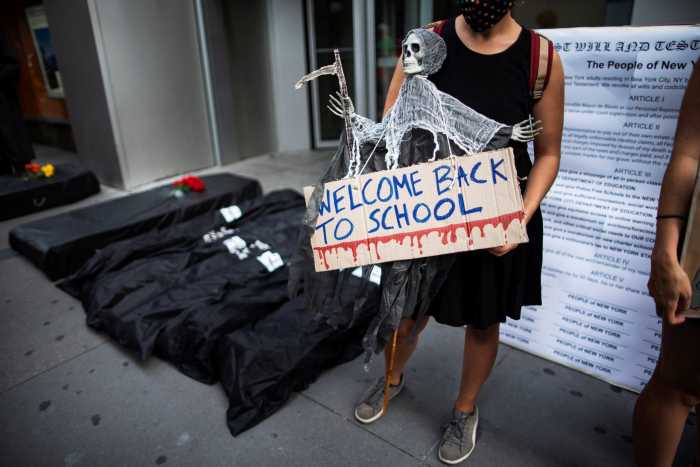New COVID relief aid coming from Washington, D.C. gives us the opportunity to take a giant step forward in dealing with the emotional and learning needs created by the pandemic.
The city should use the new funds to provide psychological and academic help for our public school students, and by embarking on a pilot program to dramatically reduce class sizes in a group of our neediest schools, programs that together cost an estimated $1.2 billion.
Thousands of our children have deep scars from the loss of family members and friends. Tens of thousands more have suffered from learning loss and even developmental delays that will require significant efforts to overcome.
The New York City Department of Education can address these needs by taking part of this new federal money to create teams of academic intervention specialists and social workers/psychologists — enough for each of the 1,800 city public schools.
These teams would work directly with students suffering from emotional trauma and academic losses.
It won’t be cheap. The estimated cost for this initiative — reflecting the cost of hiring up to 10,000 new professionals — would be approximately $1 billion out of the estimated $5 billion in federal COVID education aid for New York City. (To keep that number in context, it would amount to basically $100 per month for every one of our one million students).
The city should also take a portion of the federal funds to launch a program of smaller class sizes in 100 of the city’s neediest schools. This program can then become the blueprint to spread smaller classes to every city school.
Because many experts on the subject believe class size reduction is most effective when dramatic rather than piecemeal, the program would reduce class sizes in the affected schools by one-third: PreK classes would be capped at 12, classes currently with 25 students would be reduced to 18, and so on.
Such reductions, while not matching the class size levels of exclusive NYC private schools, would help address frequent parent complaints about overcrowding, and make city schools more competitive with class sizes in the suburbs.
This initiative would cost approximately $150 million in the first year, though costs would increase when – as expected – the success of this initiative will lead to its eventual expansion.
The city should seize this unique moment, a chance to make a significant difference in our children’s lives. But there’s an important caveat: all the potential progress these initiatives can produce will be undermined if the state and the city give in to the temptation to reduce their own annual investment in public schools. We cannot let other levels of government replace their annual support with this short-term federal relief.
Mulgrew is president of the United Federation of Teachers.





























